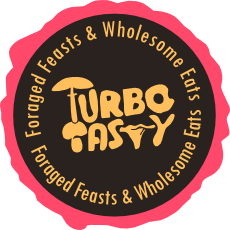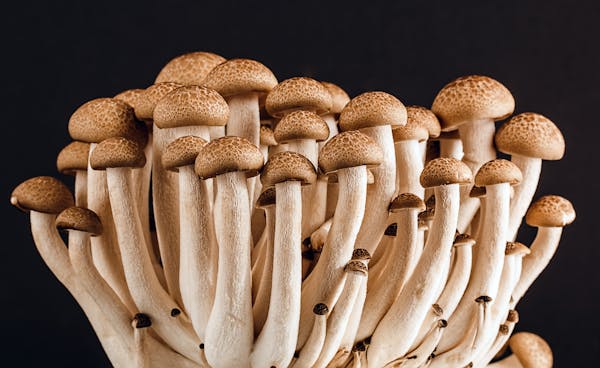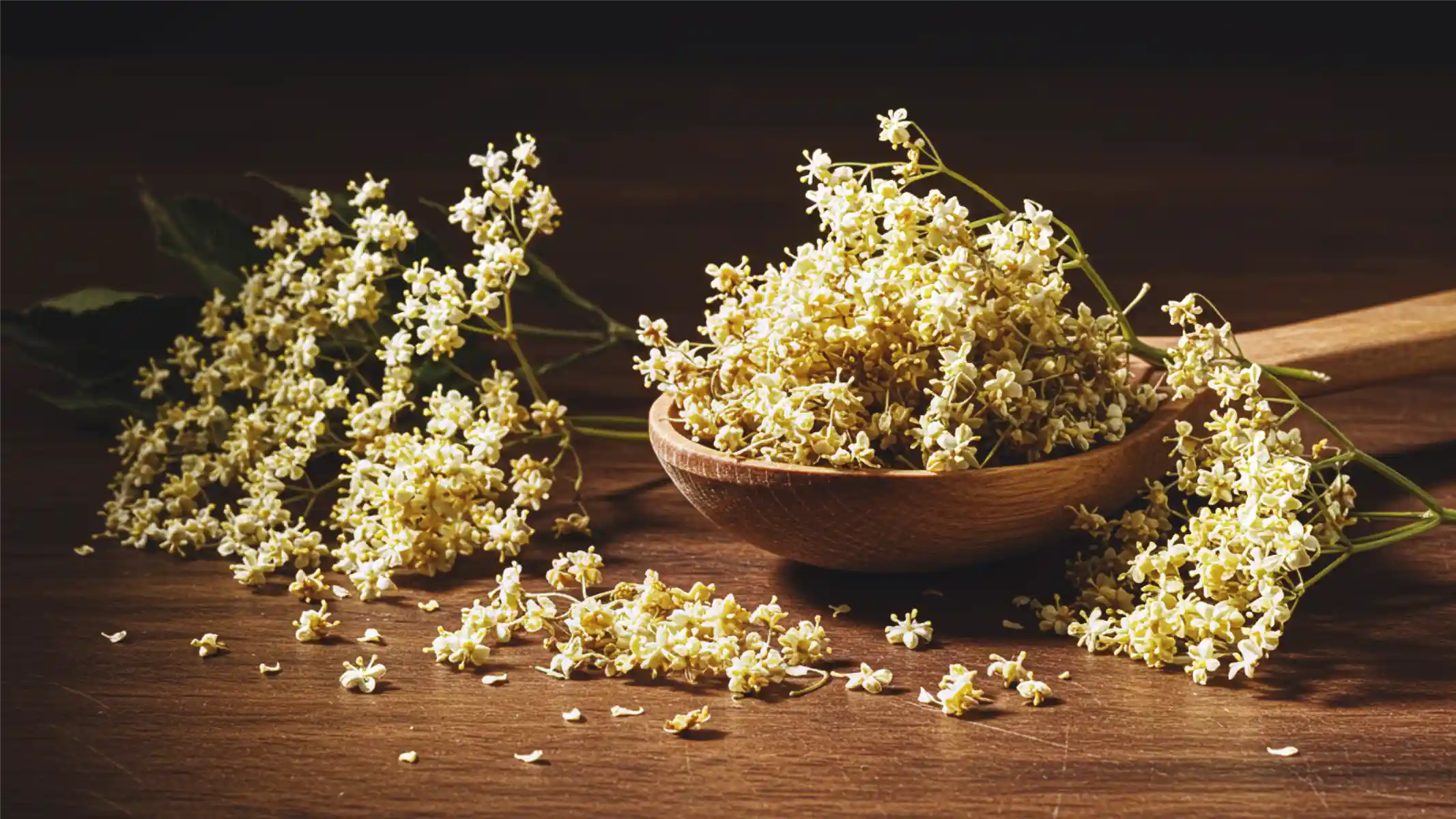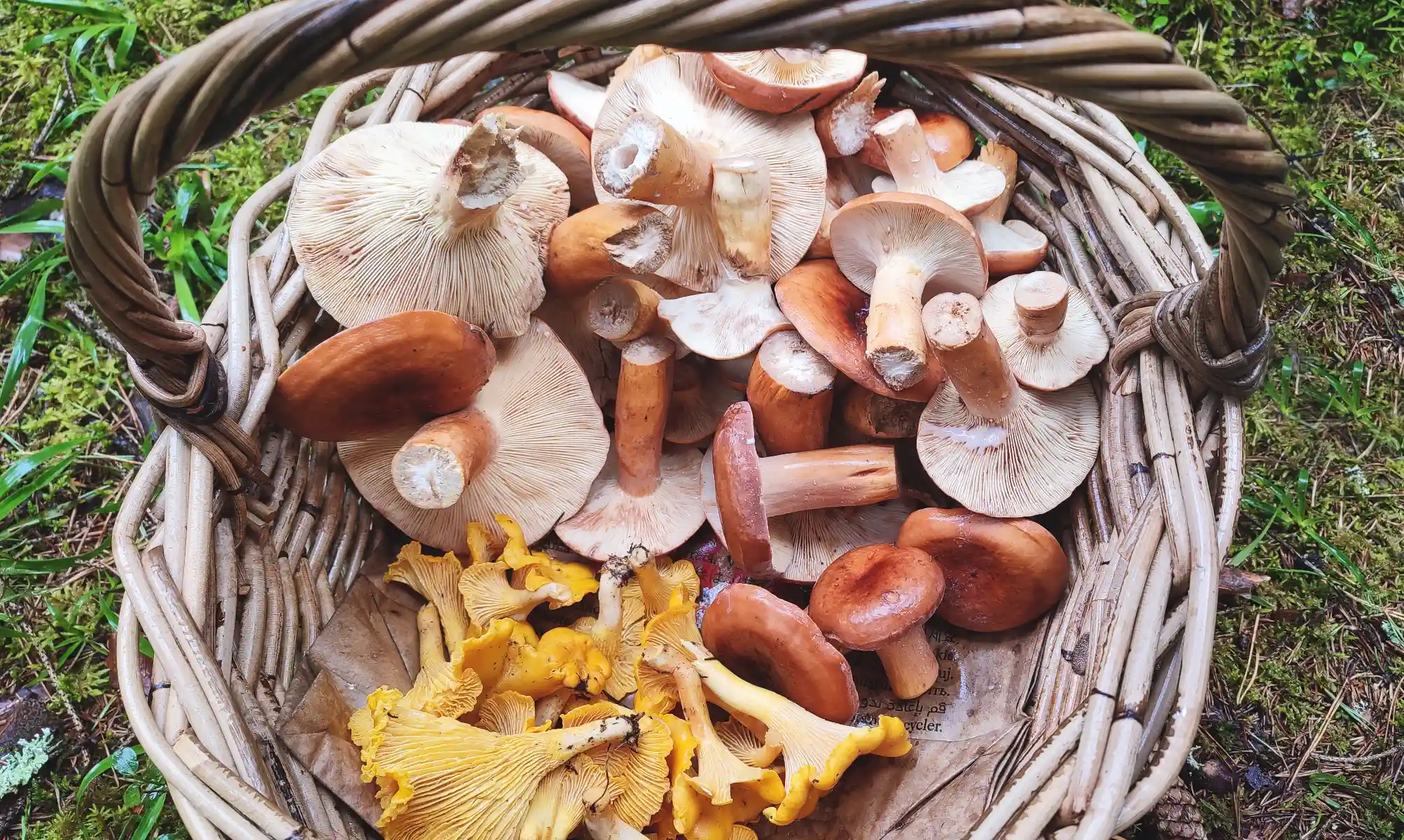The popularity of wild and processed foods continues to rise. More people are exploring natural foraging and incorporating packaged meals into their diets. While these choices offer variety, they also come with health risks that are often overlooked. According to the WHO, around 600 million people across the globe suffer from illnesses caused by unsafe food yearly. Unsafe food leads to approximately 420,000 deaths annually.
Understanding these dangers is essential for safe eating. This article provides clear, up-to-date information on these risks, helping readers make informed decisions about what they eat.
Health Risks of Wild Foods
Wild foods may seem natural and wholesome, but they can carry serious health risks when misidentified or consumed without proper knowledge. We will highlight the potential perils.
Toxic Wild Mushrooms and Plants
Wild mushrooms and plants can seem a natural and healthy choice, but many species are highly toxic. Poisonous varieties such as the death cap, destroying angel, and certain false morels contain toxins that can cause illness or death. These mushrooms often resemble edible species, making it easy for foragers to misidentify them.
Medscape highlights that out of thousands of mushroom species, about 100 are responsible for most human poisoning cases. Over 95% of mushroom poisoning cases happen due to misidentification by amateur mushroom pickers. Less than 5% of cases result from people intentionally consuming mushrooms for their hallucinogenic (mind-altering) effects.
Beyond mushrooms, some wild plants, such as poison hemlock and water hemlock, are deadly if ingested. These plants contain neurotoxins that affect the nervous system and can cause rapid health decline. Improper foraging or accidental ingestion of these toxic plants poses a significant health risk.
Contamination from Improper Storage and Foraging
Improper storage and foraging practices increase the risk of contamination in wild foods. Bacteria such as Salmonella and E. coli can multiply rapidly if harvested foods are left in warm or damp conditions. These pathogens cause serious illnesses, leading to symptoms like severe stomach pain, diarrhea, and vomiting.
Toxins can develop if wild foods are stored improperly or kept too long. For example, a significant E. coli outbreak in St. Louis was traced when contaminated salads were served at multiple private events.
CBS News says over 100 people reported symptoms, from severe abdominal cramps to bloody diarrhea. Health officials linked the contamination to improper washing and handling of raw greens. In response to the outbreak, lawsuits have been launched.
A parent filed a lawsuit alleging that their child developed severe E. coli symptoms after consuming food at one of the events. If you’re affected by others’ negligence like this, you can seek help from a St. Louis personal injury attorney. These legal professionals assess evidence, identify liable parties, and help clients recover damages.
TorHoerman Law says filing a claim can cover medical costs, lost wages, and pain from physical and emotional suffering. However, wild foods should be cleaned and refrigerated soon after harvesting to reduce such risks. Following these guidelines protects health and ensures the safer enjoyment of natural foods.
Allergic Reactions and Sensitivities
Wild foods can trigger allergic reactions in some individuals. Allergies to wild plants and fungi are often unexpected because these foods are less common in everyday diets.
Cross-contamination is another risk during foraging. Wild foods can come into contact with allergens like pollen, molds, or other plants that cause sensitivities. For people with strong allergies, even small exposures can lead to severe reactions.
Additionally, some wild foods contain natural chemicals that act as irritants or allergens, worsening symptoms for sensitive individuals. Awareness and caution are vital for those trying wild foods.
Hazards of Processed Foods
Processed foods are a major part of many diets today, but they often carry hidden health risks. Understanding these hazards helps people make safer choices every day.
Additives and Preservatives
Processed foods often contain additives and preservatives to extend shelf life and improve flavor or texture. Common substances include sodium nitrate, artificial sweeteners, monosodium glutamate (MSG), and emulsifiers. These chemicals help maintain product consistency but may have unintended health effects.
Recent studies highlight growing concerns about some additives. MedicineNet says that while the U.S. FDA has approved sodium nitrate for food use, its overconsumption has been linked to cancer. When exposed to high heat or stomach acids, sodium nitrate can transform into nitrosamines, which are known cancer-causing chemicals.
Nitrosamines from sodium nitrate can cause stomach cancer. It can disrupt oxygen flow in the blood, leading to a condition called methemoglobinemia, which causes fatigue and blue-colored skin.
Microplastics and Emerging Contaminants
Tiny plastic particles have been detected in fish, shellfish, and even common processed food items. These contaminants enter the food supply through environmental pollution and packaging materials, which cause health issues.
Animal research confirms potential health risks from ingesting microplastics. Exposure has been linked to inflammation, cellular damage, and impaired metabolism. Although direct effects on humans require further study, the evidence suggests growing concern about long-term impacts on health.
Ultra-Processed Food Consumption Trends
Over half the calories Americans consume come from ultra-processed foods. These products include sugary snacks, ready-to-eat meals, and sodas, which are heavily altered from their original form. Yahoo Life reported that around 60% of the average American diet consists of such foods.
High consumption of ultra-processed foods is linked to serious health problems. This includes increased risks of obesity, type 2 diabetes, and heart disease. These diets also have higher overall mortality rates, emphasizing their long-term impact on health.
Ultra-processed foods often contain excessive sugar, unhealthy fats, and additives that contribute to metabolic issues. Public health experts recommend reducing intake and prioritizing whole, minimally processed foods for better health outcomes.
FAQs
What are the health risks of processed foods?
Processed foods often contain high sugar, salt, unhealthy fats, and additives. This increases the risk of obesity, heart disease, diabetes, and certain cancers. They may also lack essential nutrients, leading to poor overall health and increased inflammation in the body.
What are the benefits of processed foods?
Processed foods offer convenience, longer shelf life, and easy meal preparation. They can be fortified with essential nutrients, helping to address dietary deficiencies. Additionally, they provide consistent quality, affordability, and accessibility, making them a practical option for busy lifestyles and large-scale food distribution.
Can you eat junk every day?
Eating junk food every day is not recommended, as it can contribute to obesity, heart disease, diabetes, and nutrient deficiencies. These foods are typically high in calories, sugar, salt, and unhealthy fats, offering little nutritional value and negatively affecting long-term health and well-being.
Making informed food choices plays a crucial role in minimizing health risks associated with wild and processed foods. Understanding the dangers empowers individuals to protect their well-being effectively. Staying updated with reliable current information is essential as new research and outbreaks emerge.
In cases of foodborne illness or serious health concerns, seeking professional medical care can provide necessary support and guidance. Prioritizing safety and knowledge leads to healthier, more confident eating decisions.



